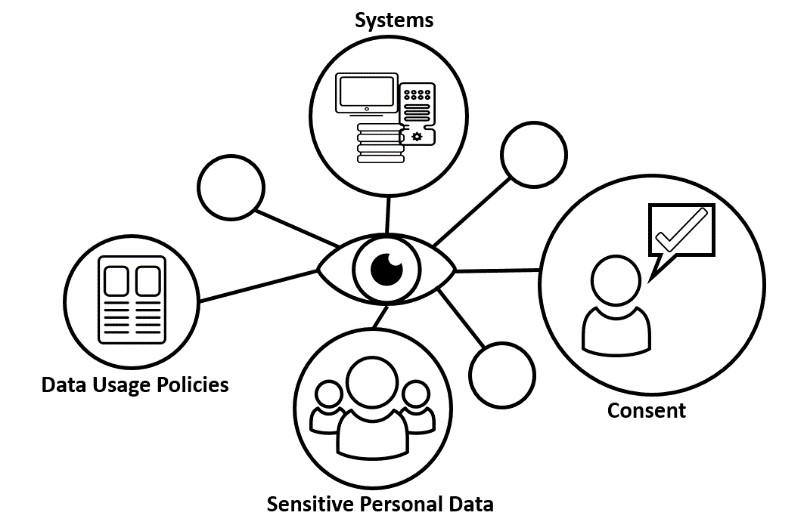
What will 2018 unveil for the data management market? I searched expert opinions on technology trends for 2018 and matched them against my own to uncover the five major trends that I think we’ll see in data management this year: 1. Data movement becomes more important. Cloud providers have proven



